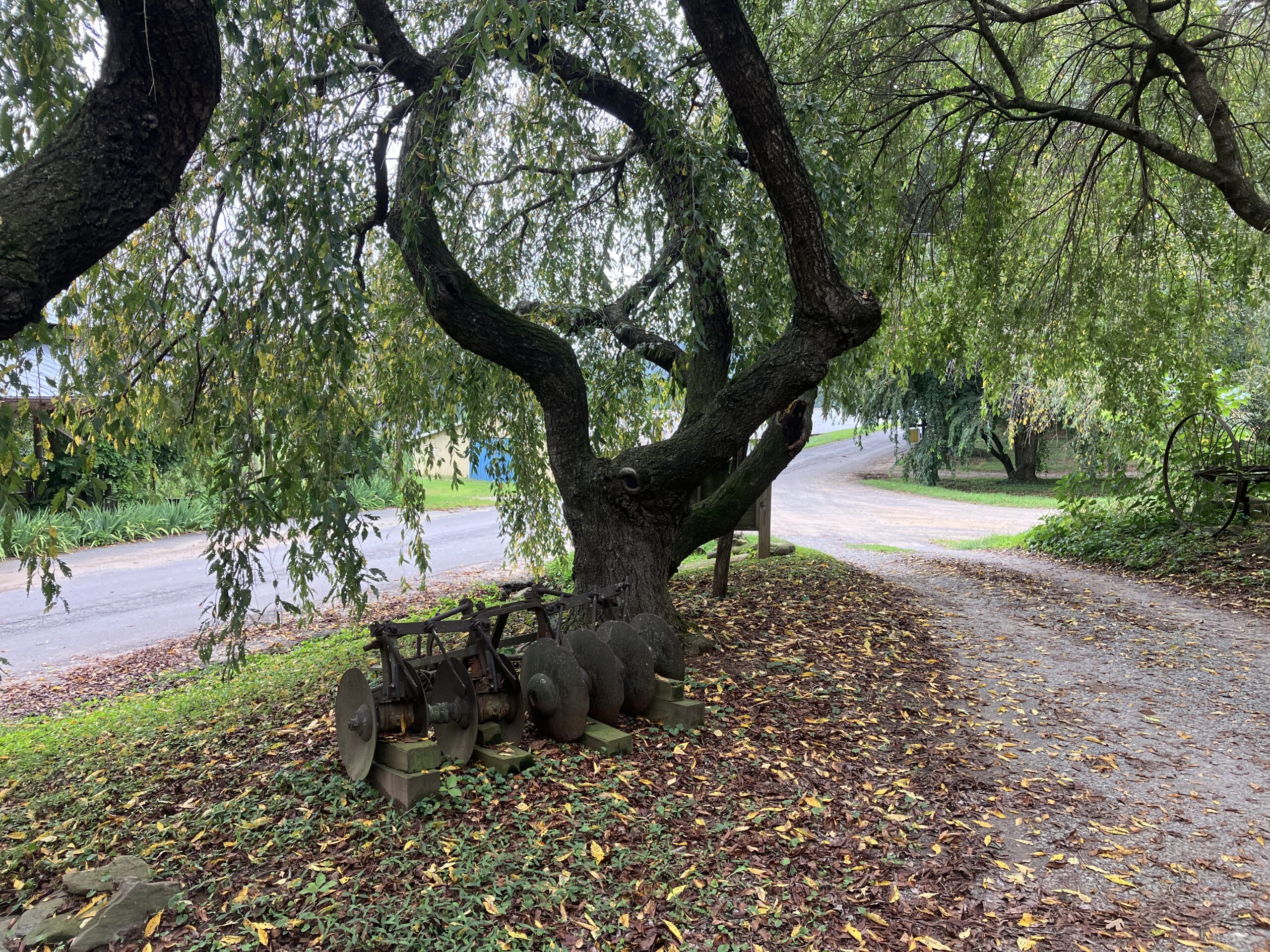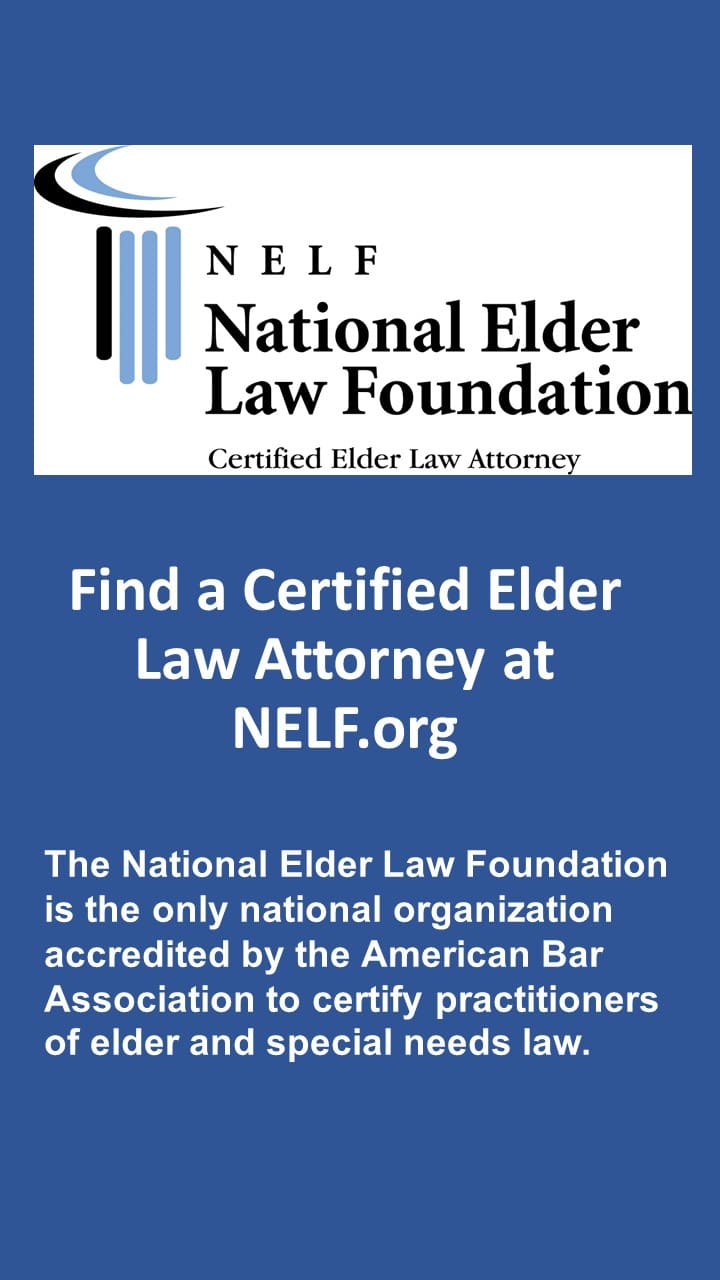What Constitutes a Valid Will?
In Michigan, a jury found that a handwritten document by Aretha Franklin, found in her couch, was a valid Will. Apparently, a notebook containing documents with scribbles and hard-to-read passages emerged in 2019 after a niece scoured the home for records. It was signed by Aretha Franklin with a smiley face in the letter A.
Would the same result be reached in Georgia? The answer is that it depends on the document.
Under O.C.G.A. § 53-4-3, “No particular form is necessary to constitute a will. To determine whether an instrument is a will, the test is the intention of the maker to be gathered from the whole instrument, read in light of the surrounding circumstances. If the intention is to convey a present interest, though the possession is postponed until after death, the instrument is not a will. If the intention is to convey an interest accruing and having effect only at death, the instrument is a will.” However, O.C.G.A. § 53-4-20 requires that the Will be in writing, signed by the testator and that it be attested and subscribed in the presence of the testator by two or more competent witnesses. There is no exception to the requirement of two witnesses in favor of holographic wills. See 1967 Op. Att’y Gen. No. 67-62.
In Ellis v. O’Neal, 175 Ga. 652 (1932), a jury issue existed where an alleged Will was written on seven pages of different color, and with a different pen or different ink of seven different colors. The question was not whether a Will could be written in that fashion, but whether the pages were “in all respects the same as in the paper which was duly attested by the witnesses.” The question was “did the testatrix change the contents of the will by substituting different writing from that employed in the terms and bequests of the paper which was witnessed ? If so, she revoked the will.”
Since it seems unlikely that Aretha Franklin’s musings hidden in a couch were properly witnessed, the result in Georgia would likely be different. Even if it was witnessed, the persons presenting the notebook would have the burden of proving that the contents of Ms. Franklin’s notebook were the same pages witnessed and that no changes were made. With that in mind, it would be best to seek counsel from a qualified attorney if you want your Will enforced.





